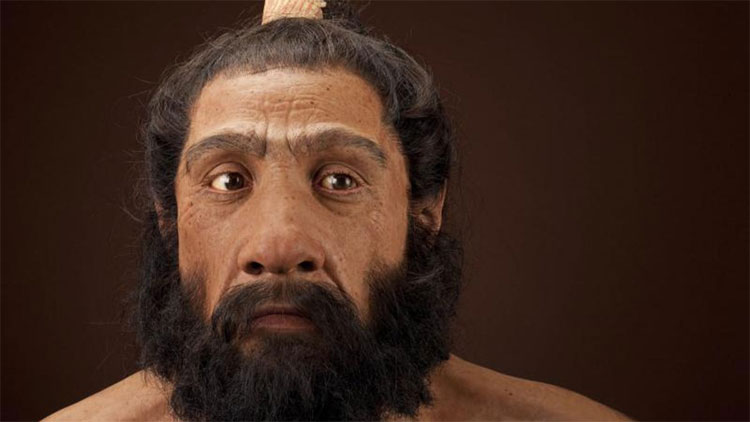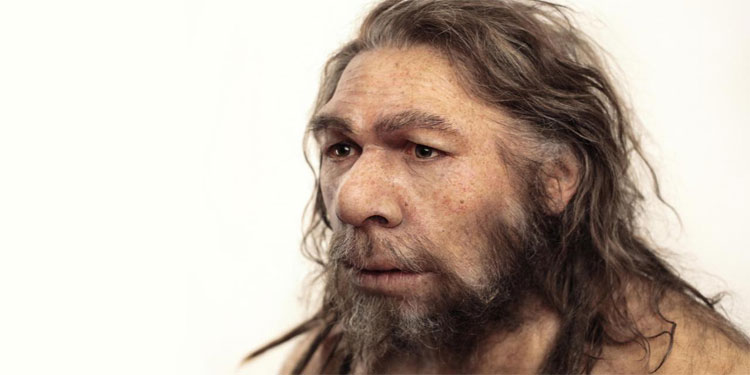How does the Neanderthals prevent humanity from getting sick with flu?
According to a new study, modern humans may have been wiped out by the flu if they did not mate with Neanderthals.
Scientists from Stanford University have discovered that ancient dates have led to important DNA exchanges that protect humans from disease after they leave Africa.
Neanderthals were extinct about 40,000 years ago, but most modern Europeans still carry about 2% of their DNA in their genome.

Neanderthal DNA contains genes that help humans survive the flu.
The researchers found that the 152 genes we inherited from Neanderthals interacted with influenza A and today's hepatitis C, and helped our ancestors avoid these diseases when they encountered them.
Dr. Dmitri Petrov, an evolutionary biologist at Stanford's School of Science and Humanities, said: 'Our research shows that a significant number of Neanderthal DNA fragments are often found to be capable of. adapted for a very good reason. Neanderthals 'genes may have given us protection from the viruses our ancestors encountered when they left Africa.'
When the two species first came into contact, Neanderthals lived outside Africa for hundreds of thousands of years, giving their immune systems plenty of time to develop protection from infectious viruses in Europe.
But our new migrant ancestors, when compared, must be much more vulnerable to attack.
In the study, scientists have compiled a list of more than 4,500 genes in modern humans known to interact with viruses in some way.

Neanderthals' genes may have given us protection from the viruses our ancestors encountered when they left Africa.
They then examined this list based on a DNA database of Neanderthal sequences and identified 152 pieces of genes in modern human genes that are also present in the Neanderthal gene.
David Enard, a postdoctoral researcher at Petrov's lab, added: 'It is more reasonable for modern humans to borrow only genetic protections adapted from Neanderthals without waiting for mutations. Their adaptive development, this will take more time.
Modern humans and Neanderthals are so closely related that it is not really a genetic barrier for these viruses to pass to Neanderthals. But that intimacy also means that Neanderthals can pass on protection from these viruses to us. '
- We have become more extinct with the Neanderthals than we thought
- New discovery of the end of Neanderthals
- 2012: What do we know about humanity?
- Are Neanderthals extinct because their eyes are too big?
- New discovery of the extinction of the Neanderthals
- Found the true origin of humanity?
- Neanderthals used to ... debate
- 10 mysteries about prehistoric humans
- Are Neanderthals extinct because they are eaten by smart people?
- New discovery about the primitive extinct Neanderthal
- People have eaten Neanderthal relatives?
- Why are we alway sick?
 Discovered an ancient centipede fossil 99 million years old
Discovered an ancient centipede fossil 99 million years old Discovered bat-like dinosaurs in China
Discovered bat-like dinosaurs in China Discovered a 200-year-old bronze cannon of the coast
Discovered a 200-year-old bronze cannon of the coast Discover 305 million-year-old spider fossils
Discover 305 million-year-old spider fossils